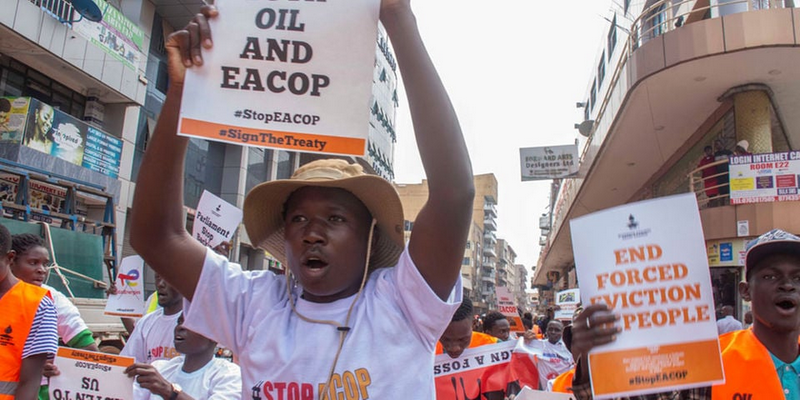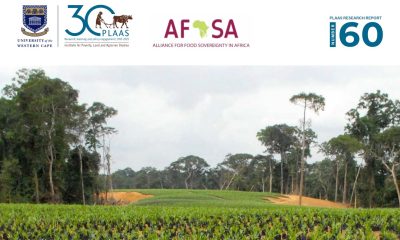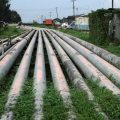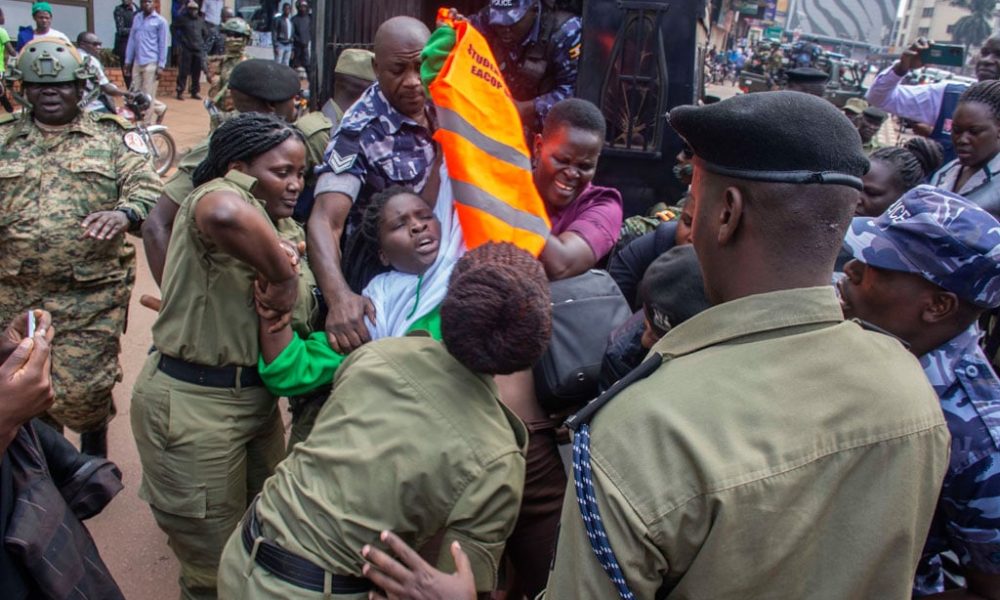DEFENDING LAND AND ENVIRONMENTAL RIGHTS
18 arrested in oil pipeline protests

DEFENDING LAND AND ENVIRONMENTAL RIGHTS
Court Alert: Court Grants Bail to Jailed Defender and Wife.
DEFENDING LAND AND ENVIRONMENTAL RIGHTS
A land rights defender and his wife have been arrested, charged, and sent to prison.
DEFENDING LAND AND ENVIRONMENTAL RIGHTS
Crackdown on EACOP protesters intensifies: 35 Activists arrested in just four months.
-

 MEDIA FOR CHANGE NETWORK2 weeks ago
MEDIA FOR CHANGE NETWORK2 weeks ago“Vacant Land” Narrative Fuels Dispossession and Ecological Crisis in Africa – New report.
-

 MEDIA FOR CHANGE NETWORK3 days ago
MEDIA FOR CHANGE NETWORK3 days agoActivists storm TotalEnergies’ office ahead of G20 Summit, demand end to fossil fuel expansion in Africa
-

 MEDIA FOR CHANGE NETWORK2 weeks ago
MEDIA FOR CHANGE NETWORK2 weeks agoUganda’s Army is on the spot for forcibly grabbing land for families in Pangero Chiefdom in Nebbi district.
-

 MEDIA FOR CHANGE NETWORK2 weeks ago
MEDIA FOR CHANGE NETWORK2 weeks agoSeed Sovereignty: Most existing and emerging laws and policies on seeds are endangering seed saving and conservation on the African continent.
-

 MEDIA FOR CHANGE NETWORK4 days ago
MEDIA FOR CHANGE NETWORK4 days agoEnvironmentalists reject TFFF, warning it will deepen forest destruction.
-

 NGO WORK2 weeks ago
NGO WORK2 weeks agoDiscover How Foreign Interests and Resource Extraction Continue to Drive Congo’s Crisis
-

 NGO WORK2 weeks ago
NGO WORK2 weeks agoAfrica’s Land Is Not Empty: New Report Debunks the Myth of “Unused Land” and Calls for a Just Future for the Continent’s Farmland
-

 NGO WORK2 weeks ago
NGO WORK2 weeks agoClimate wash: The World Bank’s Fresh Offensive on Land Rights





























